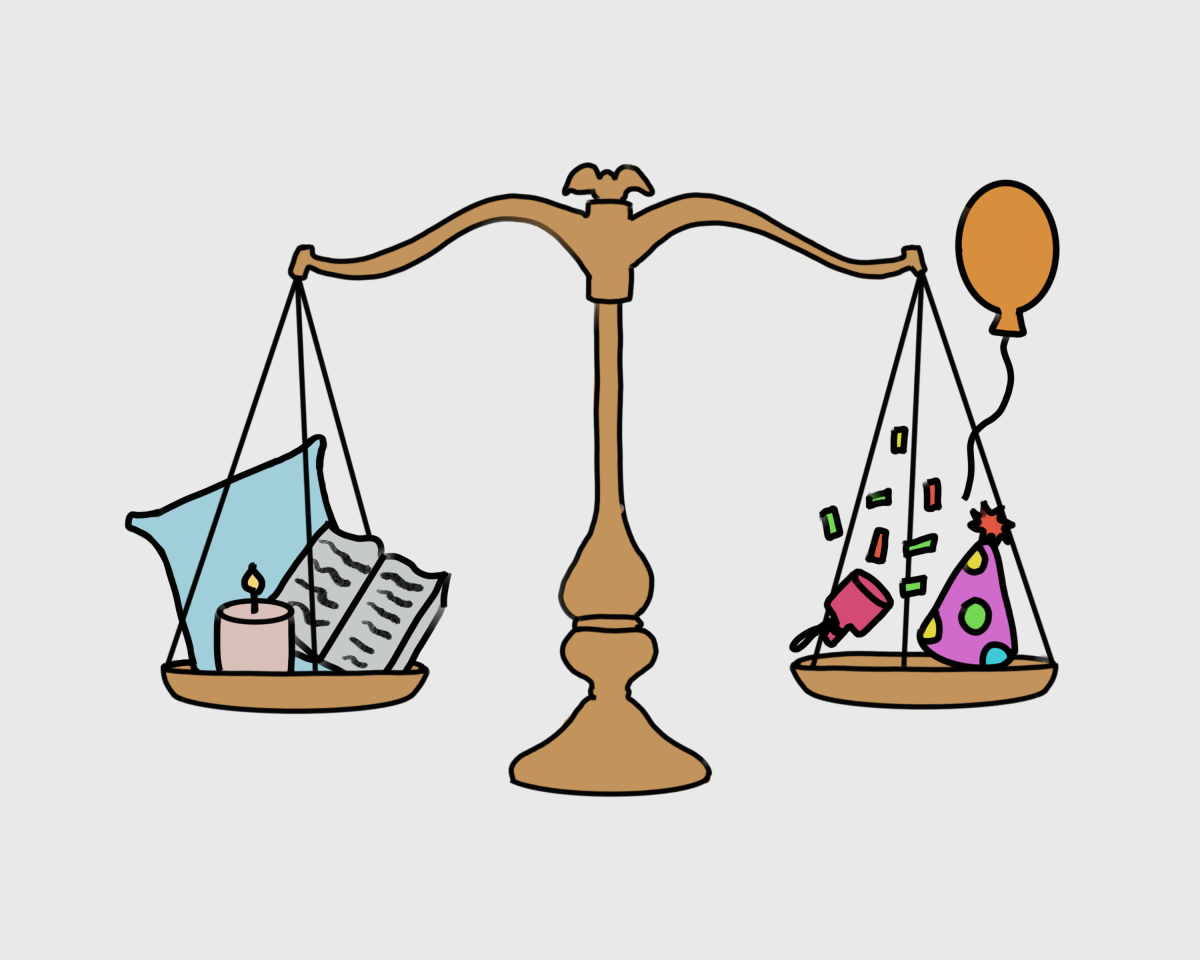In my first year at LSU, I’ve learned that it’s so easy to become overwhelmed by opportunities to socialize that alone time can become rare. These quiet moments, though infrequent, are some of the most important parts of my day, and college students need to learn to better appreciate them amid their busy lives.
Spending time alone is not only a great way to destress after surrounding yourself with people for extended periods of time, but it is proven to have many psychological benefits.
The more time you spend alone, the more likely you are to focus on yourself and your needs. It becomes easier to make decisions because you can clearly understand what is best for you, without overwhelming input from your peers. According to Forbes, increased solitude has been linked to increased happiness; as you become more tolerant of being alone, you also become more easily satisfied and better at managing stress.
Spending more time alone can also make you more empathetic toward those who may not fit the mold of your friend group. People typically surround themselves with friends of similar views, so solitude can give you time away from the echo chamber to reflect.
While social interaction offers many benefits, like communication skills and motivation from your peers, too much stimulation from others can be harmful. Scientists in Singapore found that when species that worked together to survive spent more time alone, they were more likely to survive than those that spent excessive time together.
While the assumption is that only introverts need alone time, the negative effects of too much social stimulation can affect anyone, even self-proclaimed extroverts. It is understood that introverts need to recharge after lots of time spent around others, but a recent study by Finnish researchers found that extroverts also feel a sense of fatigue after too much interaction.
When you are finally let off your parents’ leash in college, you are free to make friends with anyone, and you can spend as much time with them as you’d like.
For some, this can be a huge adjustment. Now that you are on your own, you have to find a healthy balance between socializing and alone time. Without finding a middle ground, you risk becoming exhausted and overwhelmed by too much socialization. Conversely, you may find yourself spending too much time alone, which can lead to worsened communication skills and unhealthy levels of isolation.
Everyone is different when it comes to socializing, and it’s important to analyze your own needs to strike the right balance. Remember that socializing and solitude are important for stable mental health and healthy relationships with others.
Mia Coco is a 19-year-old political communication student from Alexandria.
Opinion: Striking balance between socializing, alone time important for mental health
By Mia Coco
April 21, 2022
Balancing alone time vs social life cartoon





